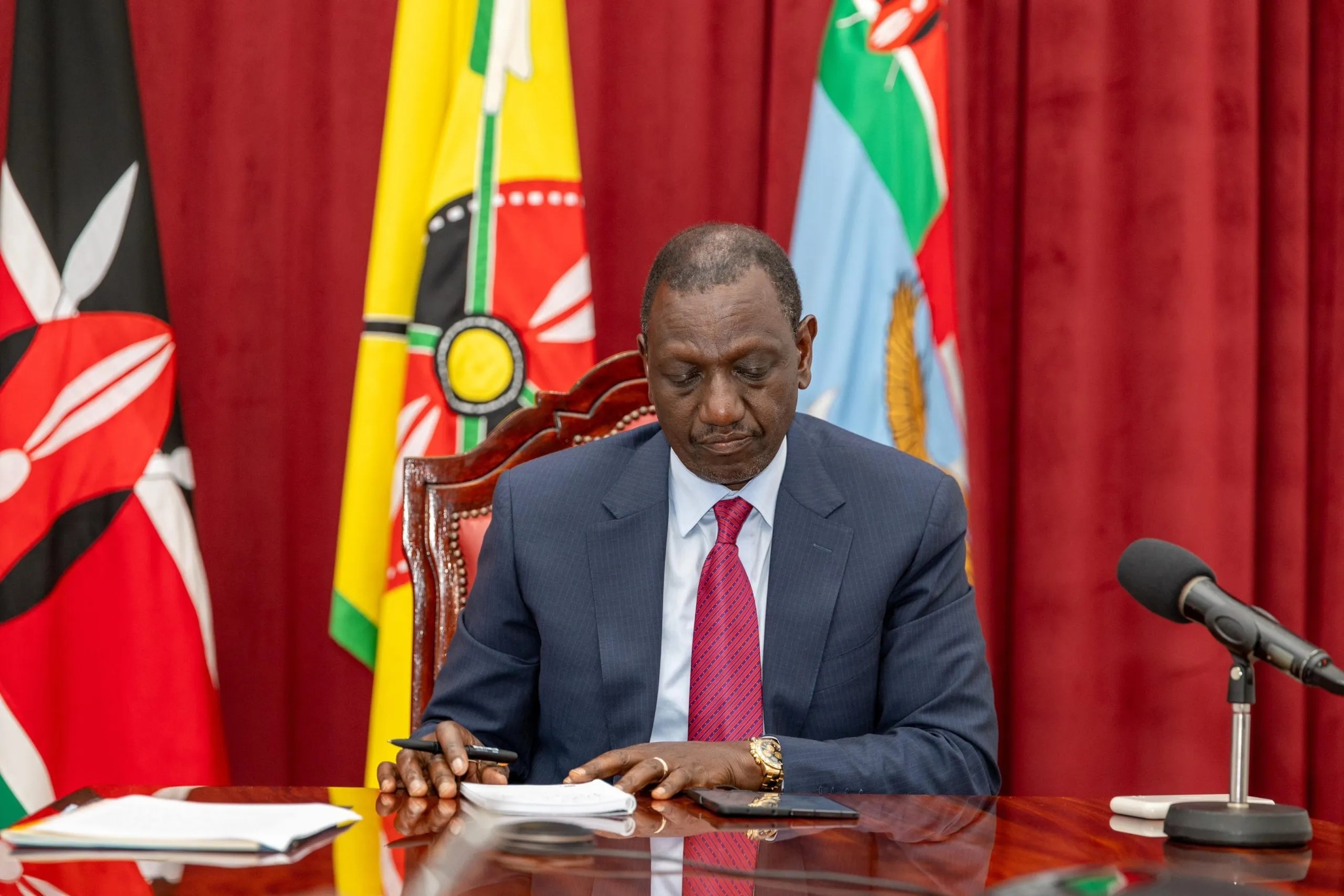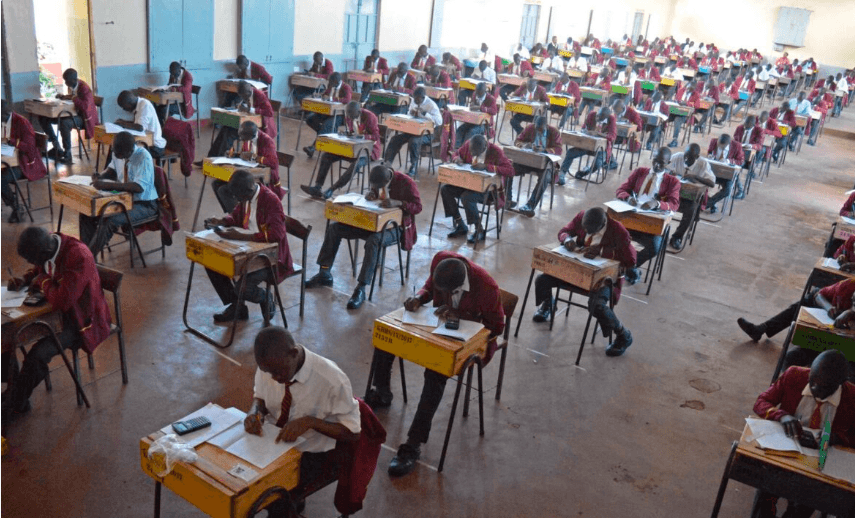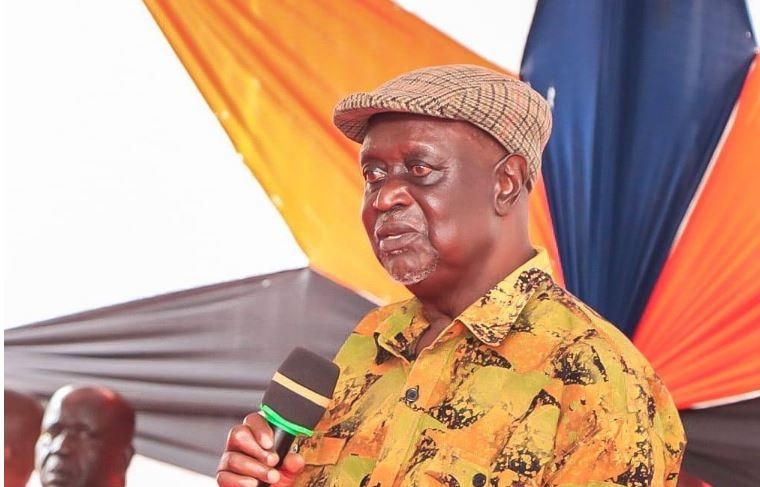Wambui (not her real name), a resident of Murang’a town, has been living a life of misery despite the happy front she presents.
Married for 11 years, Wambui says the last five have been a nightmare after her husband and the father of her three children turned violent.
She said he started slapping her when they had arguments before progressing to beating her up whenever she made a mistake.
Her main fear is that the abuse may end up affecting her children who are now grown enough to understand what is happening.
“I don’t know what to do. The salary I get can barely afford to pay rent let alone pay school fees for the children so I resolved to stay just so my children can get a better future,” Wambui, a secretary, said.
She said being in an abusive marriage is torturous as she has to pretend to be happy when in public.
“We go to church together and only the closest of my friends know what I go through. They keep asking me to move out and I can’t,” she said, adding that many women in marriage are suffering the same fate.
Wambui is one of the many women who are in abusive marriages in Murang’a county.
According to the Kenya Demographic and Health Survey done by the Kenya National Bureau of Statistics last year, 54 per cent of Murang’a women aged 49 years and below have experienced physical violence against the national prevalence of 34 per cent.
About 22 per cent of the women had experienced physical violence within the previous year while 24 per cent had experienced sexual violence.
About 58 per cent of women who have ever been married or had an intimate partner had experienced physical, sexual or psychological violence committed by their most recent partner.
With the widespread gender-based violence, most victims are forced to continue living with their abusers because of financial dependence and stigma.
But now a well-wisher has opened a safe house that will provide a haven for people suffering from abuse.
Tucked away in a serene environment just a few kilometres away from Kangema, the Premier Hope centre that was commissioned on Monday by Premier Peak Foundation can accommodate 30 people at a time.
Juliah Chege, the CEO of Premier Peak Leadership Foundation, said the centre will come to the rescue of many women suffering gender-based violence in the county.
“I perceived the idea to open a rescue centre last year after discovering that the prevalence rate of GBV in the county is very high,” she said.
Chege then met Consolata Waithaka, the founder of Woman’s Hope which runs a GBV centre in Nairobi and the two agreed to partner and open the Premier Hope centre.
Survivors of abuse who join the centre will be provided with psychological support to help them heal from the abuse.
They will also be engaged in income generating activities to empower them economically and ensure they are able to move on with their lives once they leave the centre.
Chege said they will be trained to farm dry-land arrowroots that require minimal moisture and can be used to make flour and crisps.
They will also be trained to make ‘ciondos’ while others will be trained in housekeeping, caregiving and other technical skills.
“We have realised that one of the main reasons victims of abuse stay in abusive relationships is lack of financial independence.
The centre has received several requests already, Chege said, and the applicants have been advised to get medical and police reports before they can be admitted.
Chege said the two organisations will be conducting sensitisation forums in the grassroots to educate women on abuse and to urge them to seek help when in abusive situations.
“Most of the women we have encountered need economic empowerment and some need to be taken back to school while others just need healing and re-integration back into the society”.
Waithaka expressed concerns that GBV has been normalised in homes and includes emotional abuse that pushes some people to depression and even suicide.
“Growing up in Gatanga, I saw a lot of violence and was apprehensive of marriage as a young girl,” she said.
Waithaka said that some men are concerned that the opening of such centres will destroy marriages as women will start fleeing abusive relationships.
“We don’t go for survivors from their homes. They come to us and have to have several supporting documents,” she said, adding that each survivor has a file.
She appealed to both national and county governments to consider partnering with private rescue centres to enable them to reach out to more victims.
She said all 40 centres operating in various parts of the country are private and that many struggle to stay afloat.
Murang’a ACK Bishop Timothy Gichere lauded the two organisations for opening the centre that he said will provide hope to many survivors.
Gichere, however, called on the church to play a preventive role by enhancing counselling for both women and men to foster stable homes.
“I have just come from meeting 300 men somewhere just to see how we can alleviate the problems facing homes, alcoholism and domestic violence.”
Virginia Wanjiru, a Kangema resident, said alcoholism is the main cause of conflicts in rural homes as couples struggle to keep up with the high cost of living.
She said some men spend all their money on cheap drinks instead of supporting their families prompting fights between couples and their children.
“Some men start beating their wives while some women mistreat their husbands which causes them to fall into depression,” she said, appealing to the government to reduce the price of commodities.


















